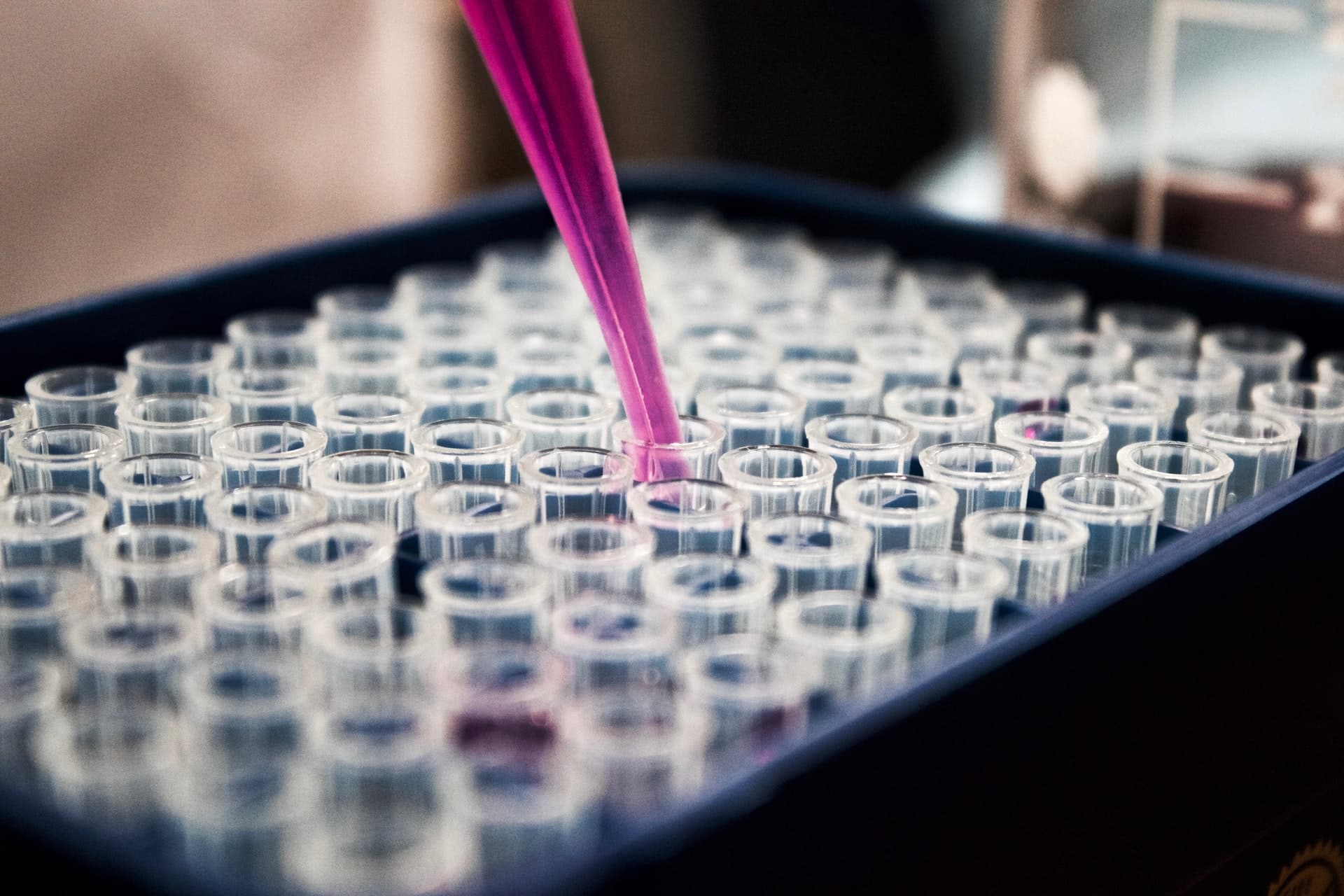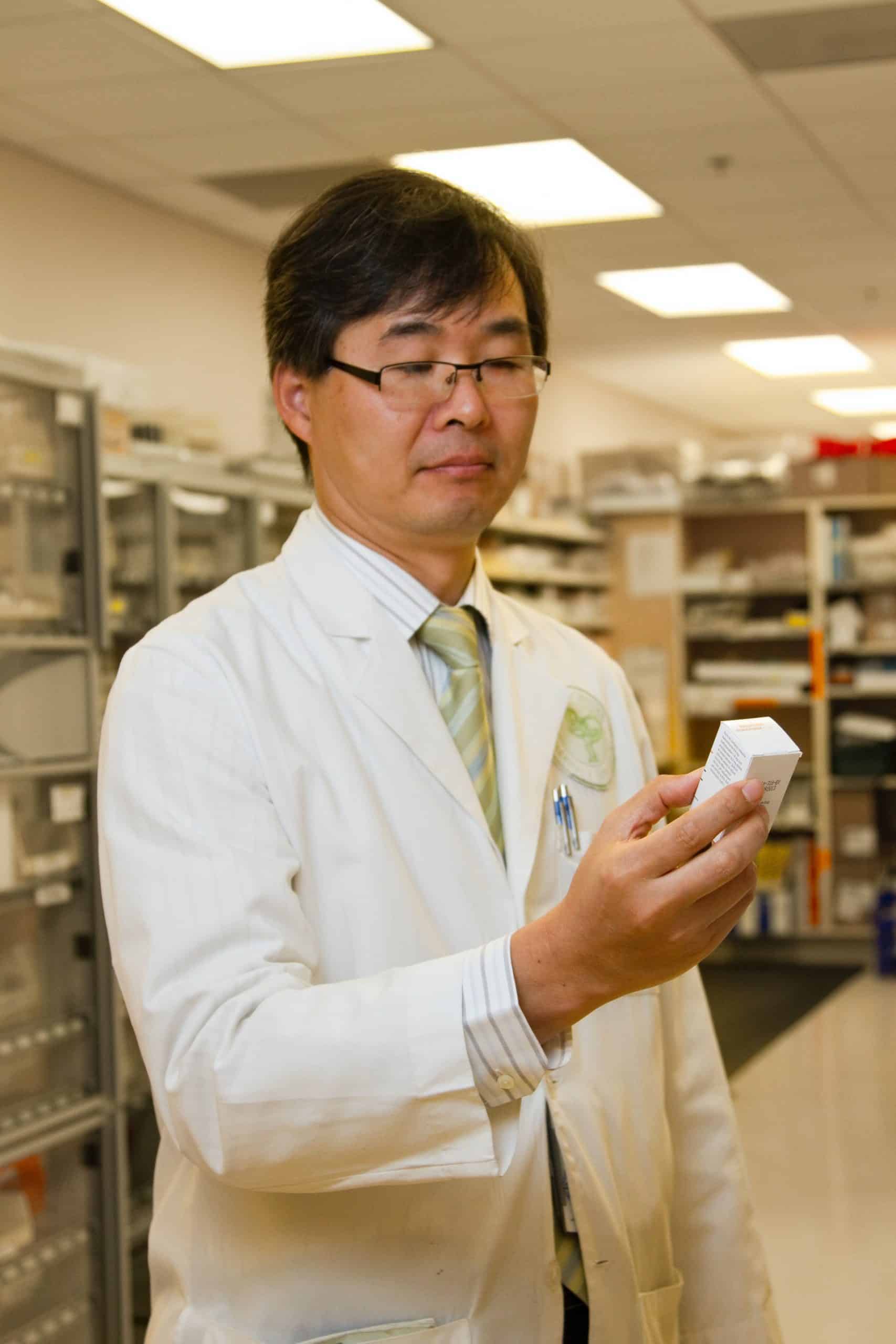Chances are you have been hearing about the Internet of Things lately or, as it is commonly abbreviated, IoT. IoT refers to a category of internet-connected smart devices that transmit data on their own, without needing any human intervention. This includes items you see every day, such as smart thermostats, doorbell cameras, and virtual assistants in homes and devices like data loggers and GPS tracking monitors in businesses.
Over the course of the decades to follow, IoT technology will change the way we live and work in so many ways. It will help make life easier, safer, and more convenient for individuals and companies. In some industries, you can already see the benefits of this emerging technology. The pharmaceutical industry is a great example of an industry where IoT has had a big impact on almost everything they do. Here are a few ways that IoT has changed the pharma industry.
IMAGE: UNSPLASH
Security
The pharmaceutical industry has important security concerns. There are security issues concerning potentially addictive products that are more likely to be stolen for sale and abuse. There are also security concerns around counterfeited drugs. When these drugs enter the marketplace, at best it can hurt a pharma companies’ bottom line after spending massive amounts of money on R&D. At worst, it can create subpar, dangerous drugs that actually harm patients who take them. IoT technology is helping the industry deal with these security problems.
IoT devices can address the security issues associated with pharmaceutical product theft and abuse. IoT security systems in pharmacies, doctor’s offices, and hospitals can help safeguard the storage and handling of the drugs. In addition to standard security system fares such as door sensors and security cameras, you will also find IoT data loggers that record who is taking the drugs out, when, and in what quantities. This helps deter theft and makes it much easier to assess potential theft issues.
In addition, IoT technology is increasing supply chain transparency and visibility, improving companies’ ability to track exactly where drugs are going and who handles them, and helping to ensure that they reach their intended locations securely. IoT tracking and accountability make it much more difficult for people to get their hands on legal pharmaceuticals for the purpose of creating and selling counterfeit drugs.
Data Management
The pharma industry, much like the healthcare industry as a whole, relies on data and data-driven decisions to ensure stability and profitability. As pharmaceutical manufacturing becomes increasingly automated, IoT devices are pairing with automated machinery to provide pharma companies with massive amounts of real-time data.
This data then helps producers understand the strengths and weaknesses of their manufacturing processes. This allows them to streamline the manufacturing process to help reduce cycle time, manage costs, cut down on mistakes, reduce waste, and increase yield.
The industry is also using data to help improve important aspects of its product development processes, such as clinical trials and patient management. Wearable IoT devices help medical professionals better track and manage clinical trials. Whereas clinicians and staff once saw patients and assessed product efficacy only when they met in person, now doctors and researchers can manage patients and trials more easily throughout the entire process.
Real-time assessment of medication efficacy can be accomplished with wearable IoT. This innovation also broadens the pool of potential clinical trial participants as it diminishes the need for frequent travel.
There are also IoT devices that provide data on an individual level once the drugs are put into the hands of patients. Automated pill dispensers and intelligent pill bottles are two IoT devices that help monitor the quantity and frequency of pills being consumed by a patient. This allows medical professionals to get real-time data on whether or not patients are taking pills as prescribed. With this data, patients and doctors can work together to create actionable plans that will improve patient outcomes.
Monitoring
One more way that IoT technology is changing the pharma industry is through the use of cloud-based environmental monitoring systems. These systems use data loggers to monitor and report temperature, humidity, pressure, and other environmental conditions to a central location without the need for on-site workers to be involved in the process.
A remote monitoring system, which is available from third parties such as Dickson, is especially useful in the pharmaceutical industry. Throughout the entire process from development to manufacturing to the supply chain to storage before use, pharmaceuticals need to be handled in precise conditions.
If conditions become too hot or too cold or too humid, raw materials or products can be damaged or rendered less effective, potentially even unsafe for use. So critical is environmental monitoring in the industry, that tough compliance regulation from the FDA is used to safeguard conditions, certain materials, and drugs FDA.
IoT sensors can not only monitor and report the data about environmental conditions to a central location but they also will sound an alarm if conditions get to an unwanted or unsafe level. This allows someone in a central location or even working remotely to notify someone onsite or rectify the problem on their own if there are additional IoT devices in place to do so. This can prevent a small environmental anomaly from becoming a giant problem that leads to government fines or the company having to destroy a product that is damaged or unsafe.
Conclusion
The pharma industry has long dealt with security, data, and monitoring issues. With the advent of IoT technology, these issues, along with others, have been easier to deal with. This has changed the pharma industry dramatically and allowed it to become safer, more secure, more precise, and more profitable. As the Internet of Things continues to develop, the pharma industry will assuredly continue to be an early adopting industry of more new technology and will continue to be rewarded with better and more efficient processes and more successful outcomes.
If you are interested in even more technology-related articles and information from us here at Bit Rebels, then we have a lot to choose from.


COMMENTS